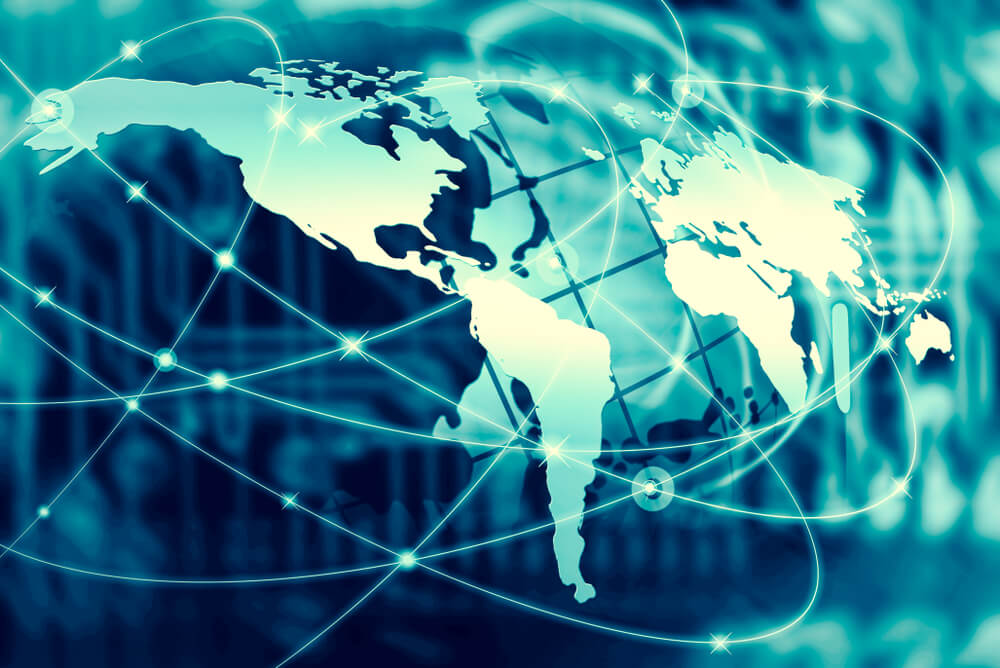Espionage has existed forever. It still exists, but what’s changed today is the advanced technology that provides nearly any nation-state with innovat
Espionage has existed forever. It still exists, but what’s changed today is the advanced technology that provides nearly any nation-state with innovative espionage capabilities. With increasing dependence on technology, cyber espionage wreaks havoc and hampers business development. In this article, we will discuss the serious threat posed by cyber espionage and how to prevent a breach.
What is cyber espionage?
Cyber espionage leverages cyber space to covertly retrieve confidential information belonging to a government, an organization or targeted individuals. The purpose is to yield net gains, however unlawful the practice. For secret cyber intrusions, threat actors typically rely on either high-powered technology or old-school trickery.
Nation-state threat actors
A nation-state threat actor is a government sponsored group that forcefully targets and gains illicit access to the networks of other governments or to industry groups to steal, damage, and/or change information.
We see various patterns of behavior that are often, but not always, indicative of the cyber persona each country has become accustom too. The theft of intellectual property seems to be the main focus of the Chinese Communist Party. The Russian GRU is more focused on advancing foreign policy and disinformation campaigns. The Iranian Cyber Army has had their hands full defending against attacks to prohibit them from nuclear weapons capabilities, but they’re also adapt at attacking back and have been responsible for some of the most damaging cyber-attacks against corporations in the past few years. North Korea’s cyber attacks seem to be both financially motivated and based on the whim of Kim Jong-un. They’ve target financial institutions to steal funds through their notorious Lazarus group, which is responsible for the Wannacry ransomware attack and other well-known cyber events. The Syrian electronic army has recently focused on mobile device communications hacking, seeking to disrupt and/or suppress opposition to the dictatorial regime.
How to prevent a breach?
Organizations need to take action before a cyber attack. Some organizations may not survive an attack on account of the fact that it may leave the company financially crippled, precipitating the collapse of the business. To protect against cyber attacks, it is important to know what tools and techniques threat actors can use to target the company and to then use this knowledge to their advantage.
Experts of cyber security suggest that a strong foundation of risk management, when applied correctly, can lessen the potential damage, simply by compartmentalizing sensitive data from non-sensitive.
Strategic approach
Cyber attacks are here to stay. High-speed networks and advancements in artificial intelligence provide nation-state actors with the latitude to attack any country with little investment. For departments outside of IT, understanding the basics of cyber security tools will help you bring cyber security awareness to all employees.
Tactical approach
In addition to improving network security, organizations need to focus on the people and on reducing damage if/when attacks occur. It is important to build sturdy and resilient systems along with multiple backups, which can easily be recovered after a cyber attack. The next step should be to ensure that the software is updated and patched. Organizations should obtain DDoS protection and web firewall protection to allow safe traffic.
Moreover, the company’s security system should have built-in machine learning so that it can detect irregular and malicious traffic. Organizations should also collaborate with law enforcement in case of a nation-state attack, staying alert through systems like National Cyber Awareness System.
Education and training of employees
It is important to educate employees about DDoS attacks, phishing scams, and the importance of updating software. They should be trained on How to Stay Safe while Online. Also, remind employees to only open attachments from trusted sources. Moreover, set up two-factor authentication to protect passwords so that your organization is more secure.
A brief understanding of the nature of geo-political news will help organizations understand where attacks might originate and provide easy wins when it comes to prevention. For example, if your organization doesn’t do any business with a particular geographic locale, and has no business reason to connect with anyone in that geographic locale, simply block the IP address range for that entire country. While not foolproof, it will eliminate much of the noise, allowing the cyber security team to focus on more targeted threats.
Fonte: Cybertalk.org

